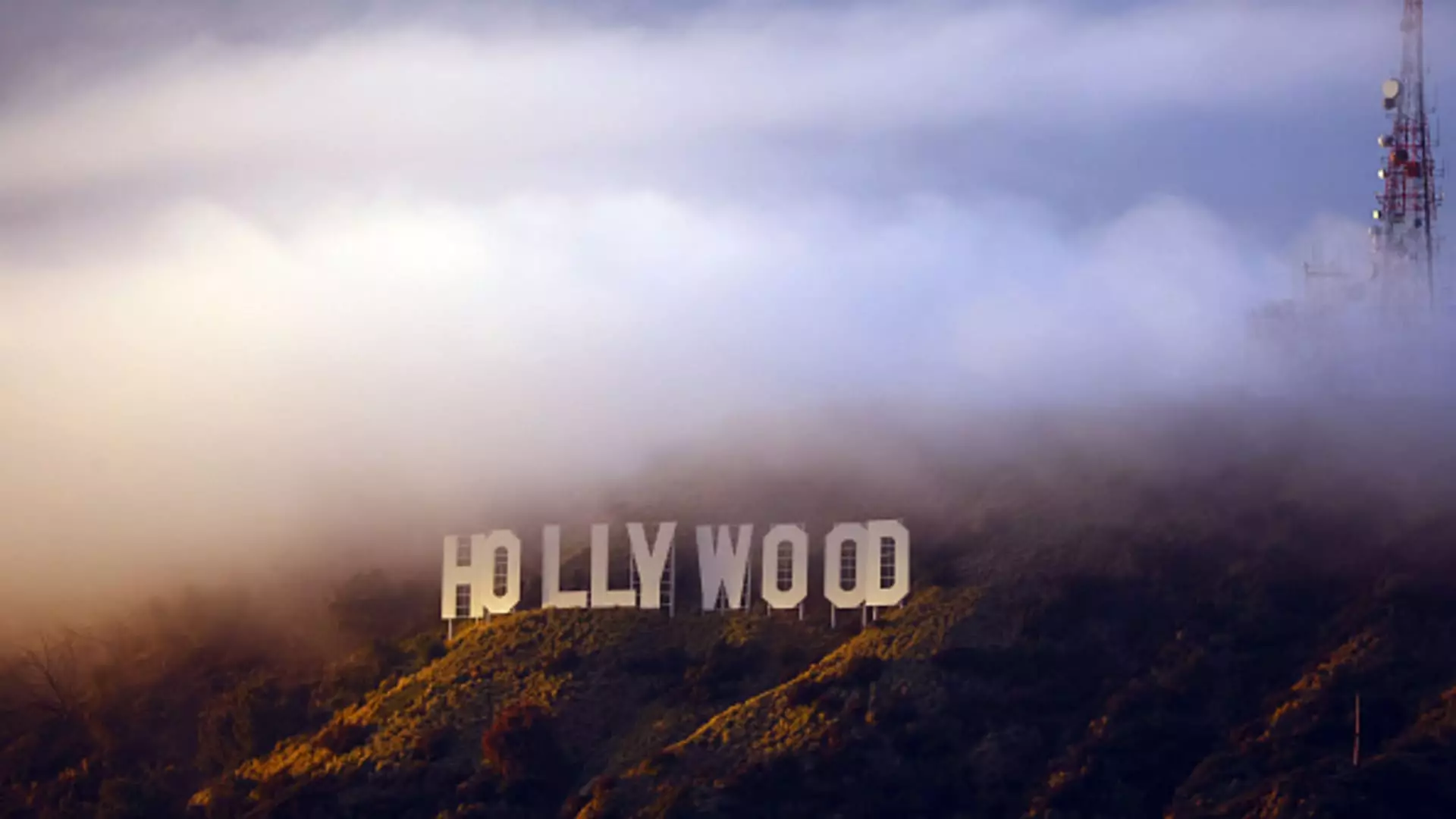The intricate relationship between Hollywood and its northern ally, Canada, has reached a critical juncture following President Donald Trump’s recent trade policy announcements. As tensions between the U.S. and Canada rise with new tariffs imposed on Canadian goods, industry insiders are increasingly concerned about the potential ramifications for film and television production. Canada, often referred to as “Hollywood North,” has long provided a lucrative environment for American studios, thanks to its attractive tax incentives and access to a highly skilled talent pool. In this article, we will explore the implications of these tariffs on Hollywood and analyze the various viewpoints from industry insiders and political leaders.
President Trump’s decision to levy a 25% tariff on various goods from Canada, alongside similar measures against Mexico and China, has ignited fears of a retaliatory response. Canadian Prime Minister Justin Trudeau has expressed his disapproval, promising “forceful and immediate” action in response to the tariffs. This back-and-forth could have significant consequences for the film industry, as many Hollywood insiders fear that taxing Canadian imports may jeopardize invaluable tax credits offered to U.S. studios, shrinking the financial viability of shooting films across the border.
Moreover, the potential for Canada to withdraw or reduce incentives for American projects raises the stakes for production companies. A strong collaborative relationship has historically benefited both parties; however, the ground seems shaky under the weight of economic protectionism.
The financial ramifications of these tariffs could ripple throughout the Hollywood production landscape. While it is true that most American studios primarily source materials locally, specific components—such as unique textiles or specialized equipment—often come from Canada. Industry experts worry that increasing import costs could place additional pressure on production budgets during a time when filmmakers are attempting to recover from the financial fallout of the COVID-19 pandemic.
It’s essential to recognize that while many items rented for productions, such as cameras and lighting, remain insulated from tariffs, the concern is whether studios will be able to maintain their budgets in the face of rising operational costs. If the cost of incorporating specialty materials escalates, studios might cut corners, impacting the quality of productions and ultimately affecting the audience experience.
One of the most pressing concerns surrounded by the trade war is its potential effect on consumer spending. As importers face higher costs, the likelihood of passing those expenses onto consumers becomes more significant. If household items become exceedingly expensive due to tariffs, middle-class families may find themselves cutting back on leisure activities, including trips to the cinema.
Industry analysts believe that if discretionary income diminishes as a consequence of increased living costs, cinema attendance could dwindle, threatening box office revenue. With Hollywood already grappling with post-pandemic challenges—including labor strikes and production slowdowns—the prospect of further declining ticket sales presents a daunting reality for studios and filmmakers.
In light of the current political climate and trade uncertainty, many within Hollywood remain cautiously optimistic. While industry experts acknowledge that navigating the effects of tariffs will undoubtedly pose challenges, they are confident that the entertainment sector will find a way to adapt. There is hope that highly anticipated blockbusters, set for release in the coming years, will help drive audience engagement. However, as the industry prepares for the fallout, it must cushion itself against potential pullbacks in consumer spending, which could lead to broader industry setbacks.
Ultimately, the evolving relationship between Hollywood and Canada, set against the backdrop of rising tariffs and trade tensions, will need to be navigated with strategic foresight. As moviegoers weigh their entertainment choices against household economics, the resilience of the film industry could depend on its ability to adapt to an unpredictable financial landscape. The hope remains that the allure of captivating stories and larger-than-life cinematic experiences can transcend temporary economic hurdles, ensuring that Hollywood will continue to thrive, even in turbulent times.


Leave a Reply